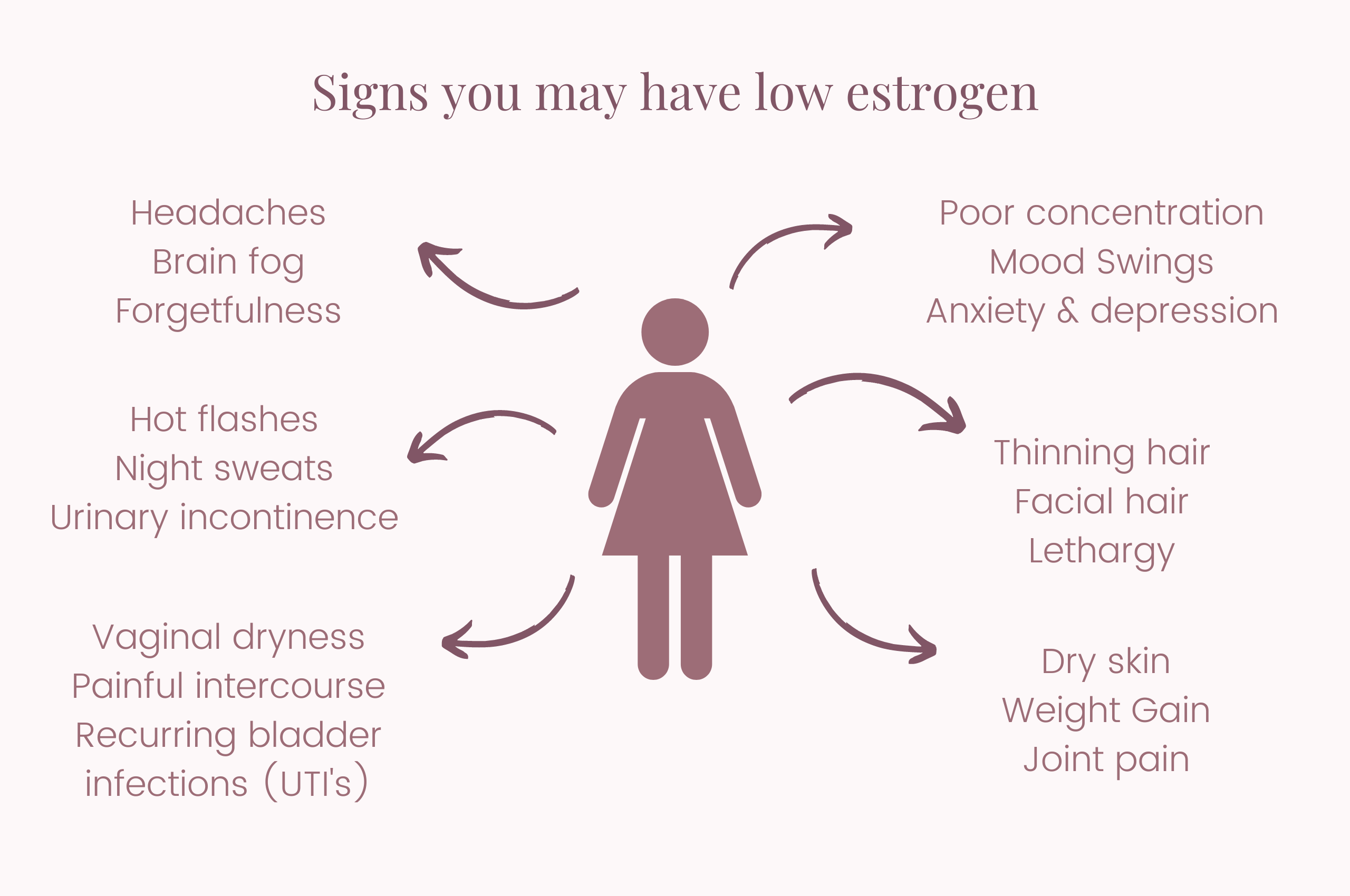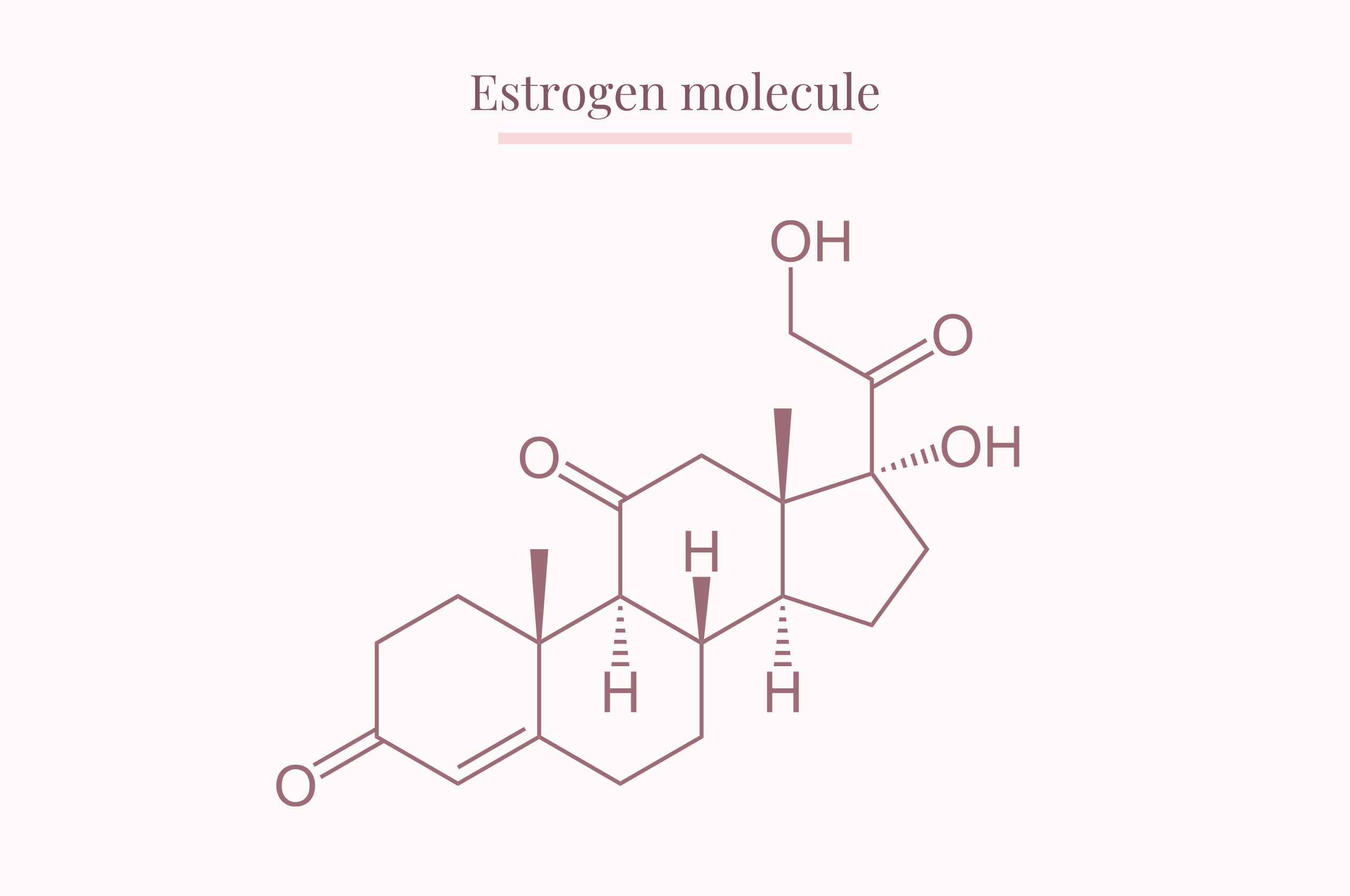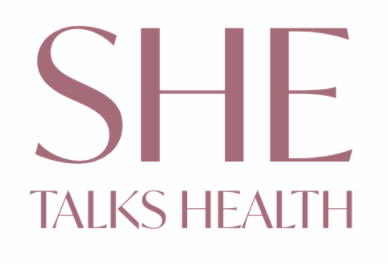
The symptoms and causes of low estrogen
When you think hot flashes you think Menopause, right? But did you know that low estrogen (which causes hot flashes) can actually happen to women at any point in their lives? I was shocked when running many DUTCH Hormone Tests over the years just how many women in their 30’s were dealing with low levels of estrogen and the subsequent symptoms! But what are those symptoms & what causes low estrogen? Let’s take a look.

Symptoms of low estrogen
- Hot flashes
- Night sweats
- Vaginal dryness
- Painful intercourse
- Recurrent bladder infections (UTI’s)
- Urinary incontinence
- Headaches
- Brain fog
- Forgetfulness
- Poor concentration
- Depression
- Anxiety
- Mood swings
- Crying easily
- Lethargy
- Insomnia
- Fatigue
- Thinning hair
- Facial hair- When estrogen production slows down, testosterone can get the upper hand, triggering the growth of facial hair. Low estrogen allows the circulating androgens to be more freely available and thus stimulate cells more.
- Dry skin
- Weight gain
- Joint pain
Testing for low estrogen
Now before you go running to the doctor saying, “I have low estrogen”, it’s important to TEST not guess. We know that symptoms are a result of imbalances in the body but without proper testing, you can chase your tail for a long time. Options for estrogen testing including saliva, urine & blood testing. My preference is dried urine from DUTCH Test because it allows for more detailed analysis of all the metabolites of estrogen compared to serum blood testing. DUTCH testing may be more difficult to come by as your doctor will use the FDA approved blood serum testing. We run DUTCH testing for our clients as part of a comprehensive review and analysis of multiple labs, their diet, lifestyle, supplements & ultimate goals. Find out about getting support here.
Causes of low estrogen
Okay, so now you’ve tested yourself for low estrogen and you are wondering, well HOW & why did this happen to me if I’m not in menopause yet! Let’s discuss the reasons below so you can work on finding your root causes and rebuilding your lovely estrogen.
Low cholesterol
Since cholesterol is a precursor to all the steroid hormones, the body cannot produce estrogen without it. psst. If you do have low cholesterol, supporting your liver & bile is important.
Low-fat diet/Too low body fat
Fat is essential to building hormones. The body cannot make adequate hormones if you aren’t including healthy fats in your diet.
Chronic stress
Whether it’s physical, emotional, or dietary stress – it doesn’t matter. Stress puts the body in fight or flight mode, where it’s thinking about survival and not about reproduction. Making reproductive hormones is not a priority for the body when it is under stress. As a result of chronic stress the adrenals may not be producing enough DHEA – the precursor hormone to estrogen. So, if DHEA is low, estrogen may also be low as a result. (by the way this is why I LOVE the DUTCH Complete because it will tell you this!) It’s normal and expected for estrogen levels to decline as a woman gets older and stops ovulating; however, if the adrenals are healthy and all the glands that make up the HPA Axis are communicating properly, the adrenals should be making enough hormones to be healthy. In pre-menopausal women, estrogen is produced in the ovaries and in the adrenal glands. After menopause, the ovaries produce less estrogen, and it becomes the job of the adrenal glands to supply estrogen or provide the hormone precursors (DHEA) the body uses to synthesize estrogen.
Nutrient Deficiencies
When nutrients are deficient, we always need to ask – why are they deficient? Are you eating a poor diet that lacks nutrient-dense food? Do you have low levels of HCL or digestive enzymes, so you are unable to properly break down and absorb your food? Are there pathogenic organisms in the GI tract that are “stealing” those nutrients or damaging the gut lining where those nutrients are absorbed? (This is why WE ALWAYS start with GI testing before hormone testing)
Poor diet and lifestyle habits
It’s really important to avoid sugar, caffeine, and tobacco as all three can all disrupt the endocrine system and lead to hormone imbalance. It appears that caffeine has different effects on estrogen at different stages of the menstrual cycle (sometimes decreasing estrogen and sometimes increasing estrogen levels). Refined sugar stresses the body and causes hormone imbalance because it is inflammatory, leads to blood sugar spikes, and depletes nutrients (especially magnesium).
Gluten sensitivity
Undiagnosed gluten sensitivity can impact estrogen levels as well. Studies have linked gluten sensitivity (and Celiac Disease) with Amenorrhea (no periods), infertility, and diminished ovarian reserve. If gluten (the protein found in wheat, barley, and rye) is causing estrogen- related problems, following a gluten-free diet can help balance estrogen levels
Childbirth, breast-feeding, or birth control pills
If a woman has recently gone through childbirth or is breastfeeding, her estrogen levels are expected to be low. Similarly, if a woman is taking birth control pills, which suppress ovulation, her estrogen level (and progesterone level) will typically be low [if they aren’t, the pill might not be working well for her].
Having a hysterectomy
There are so many reasons why having a hysterectomy is medically necessary but there are some drawbacks. Since it removes your ovaries, it means your body is no longer able to produce large amounts of estrogen.
Decreased function of the ovaries or pituitary gland
Estrogen may also be low if there is decreased function of the ovaries or pituitary gland. Cyrex Labs has a test (Array #5) that measures antibodies against the ovaries. Elevated ovarian antibodies are associated with spontaneous premature ovarian failure and infertility.

What can be done for low estrogen?
As you can see from the root causes above unless you have a medical condition like antibodies against your ovaries, are on birth control, or pregnant/breast feeding, or had a hysterectomy there’s a lot we can do to support our estrogen. Which is why when it comes to supplementation, unless symptoms are extremely severe, I will usually suggest a client start by addressing their stress as well as dietary and lifestyle factors, then move onto estrogen-promoting herbal formulas if those changes don’t improve symptoms, and then talk to their doctor about bioidentical hormones if nothing else is helping.
Diet & Lifestyle Changes & Ideas
- Identify and address any sources of stress Any type of physical/emotional/dietary stress, infections, etc.
- Make sure to snag enough healthy fats in the diet: coconut oil, olive oil, avocados, nuts, seeds, grass-fed/ pasture-raised meat, wild-caught fish, etc.
- Decrease exercise if over-exercising or over-training. Favor gentle exercise such as walking, yoga, or Pilates.
- Support healthy gut function intestinal flora must be in a healthy balance to get the most benefit from our diet.
- Eliminate pathogens and bacterial/yeast overgrowth. I like running the GI Maps on clients to see what specifically needs to be addressed.
- Follow a gluten-free diet
- Avoid caffeine & Sugar & Smoking (tobacco)
- Try adding Phytoestrogens
- alfalfa, legumes, chickpeas, pinto beans
- Isoflavones – unprocessed fermented soy, legumes
- Lignans – flax, beans, fruits, vegetables
- Foods: flax seeds, sesame seeds, oats, millet, quinoa, legumes/beans, bean sprouts, nuts, dried apricots, peaches, dates, prunes, blackberries, pomegranates, garlic, fennel, sweet potatoes, yucca, asparagus, broccoli, green beans, onions, alfalfa sprouts, thyme, parsley, and turmeric
- Seed cycling: I wrote a full PDF guide on how to seed cycle. You can get my guide here
Supplements to Consider for low estrogen
Please note, this is HIGHLY individual & should be only attempted after you’ve tested & are working directly with a practitioner. That being said, here are some the most common supplements I recommend to my clients.
- HPA Axis Support
- Adaptogens
- Maca
- Herbal support
- Maca root, Black Cohosh, Hops, Dong Quai, Red Clover, Fo-Ti (He Shou Wu), Vitex, Rehmannia, Licorice Root, Siberian rhubarb, St. John’s Wort, Fenugreek Extract, and Royal Jelly
- Nutritional support
- Boron
- Zinc
- Magnesium – Magnesium is involved in the manufacture of steroid hormones, including estrogen. Perhaps that is why one study found that magnesium reduced hot flashes by 50%
- B complex vitamins – particularly vitamin B12, B6, and folate – serve as co-factors in the production of estrogen.
- Vitamin D
- Vitamin E
Woohoo! Now you are equipped with all the learnings you need to take action and support your Estrogen! P.s. I have personally had low estrogen and I was so happy to see that boosting and balancing my estrogen was so much in my control. If you’re interested in working with me to support your low estrogen levels, you can apply to work with me here.
Disclaimer: This information is being provided to you for educational and informational purposes only. It is being provided to educate you about options to take care of your body and as a self-help tool for your own use so that you can reach your own health goals. It is not intended to treat or cure any specific illness and is not to replace the guidance provided by your own medical practitioner.
If you are under the care of a health care professional or currently use prescription medications, you should discuss any dietary changes or potential dietary supplements use with your doctor, and should not discontinue any prescription medications without first consulting your doctor.
This information is to be used at your own risk based on your own judgment. If you suspect you have a medical problem, we urge you to take appropriate action by seeking medical attention.
